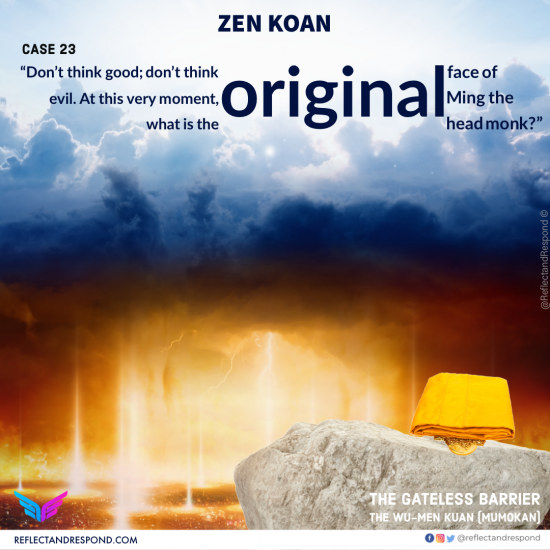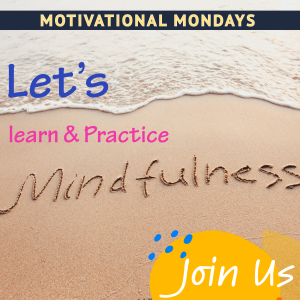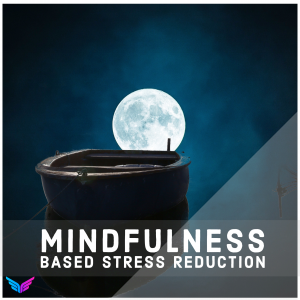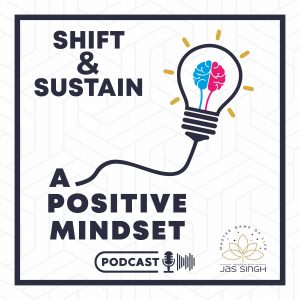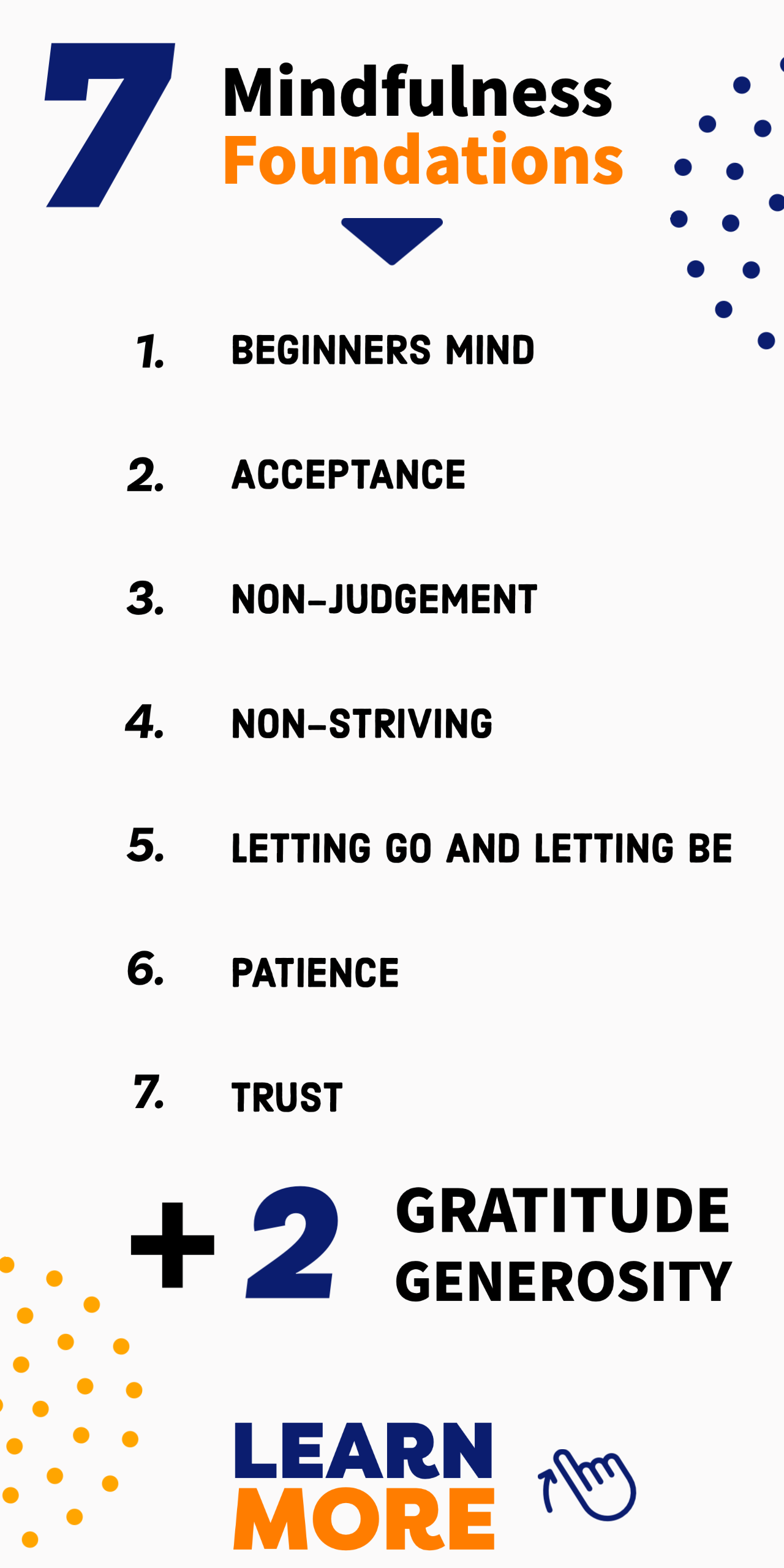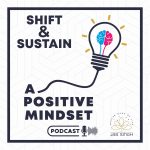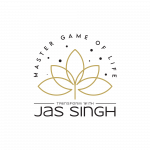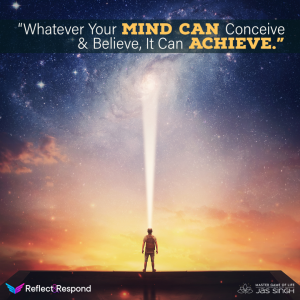THE CASE
The teacher said,“Don’t think good; don’t think evil.At this very moment, what is the original face of Ming the head monk?”
The teacher said, “If you can say that, then let us both call Huang-mei our teacher.
Maintain your realization carefully.”
WU-MEN’S COMMENT
Case 16 is from the book:
The Gateless Barrier is generally acknowledged to be the fundamental koan collection in the literature of Zen.
Gathered together by Wu-men (Mumon), a thirteenth-century master of the Lin-chi (Rinzai) school, it is composed of forty-eight koans, or cases, each accompanied by a brief comment and poem by Wu-men.
Robert Aitken, one of the premier American Zen masters, has translated Wu-men’s text, supplementing the original with his own commentary — the first such commentary by a Western master — making the profound truths of Zen Buddhism accessible to serious contemporary students and relevant to current social concerns.
What is a KOAN?
“A koan is a surprising or paradoxical word or phrase, taken from an anecdote, that is used as an object of meditation in traditions descended from Chinese Chan Buddhism, like Japanese Zen. Contemplating these words is part of the training given by a teacher to help a Buddhist student to awaken.” Read more

